
Doctorate in AI and Technology Management
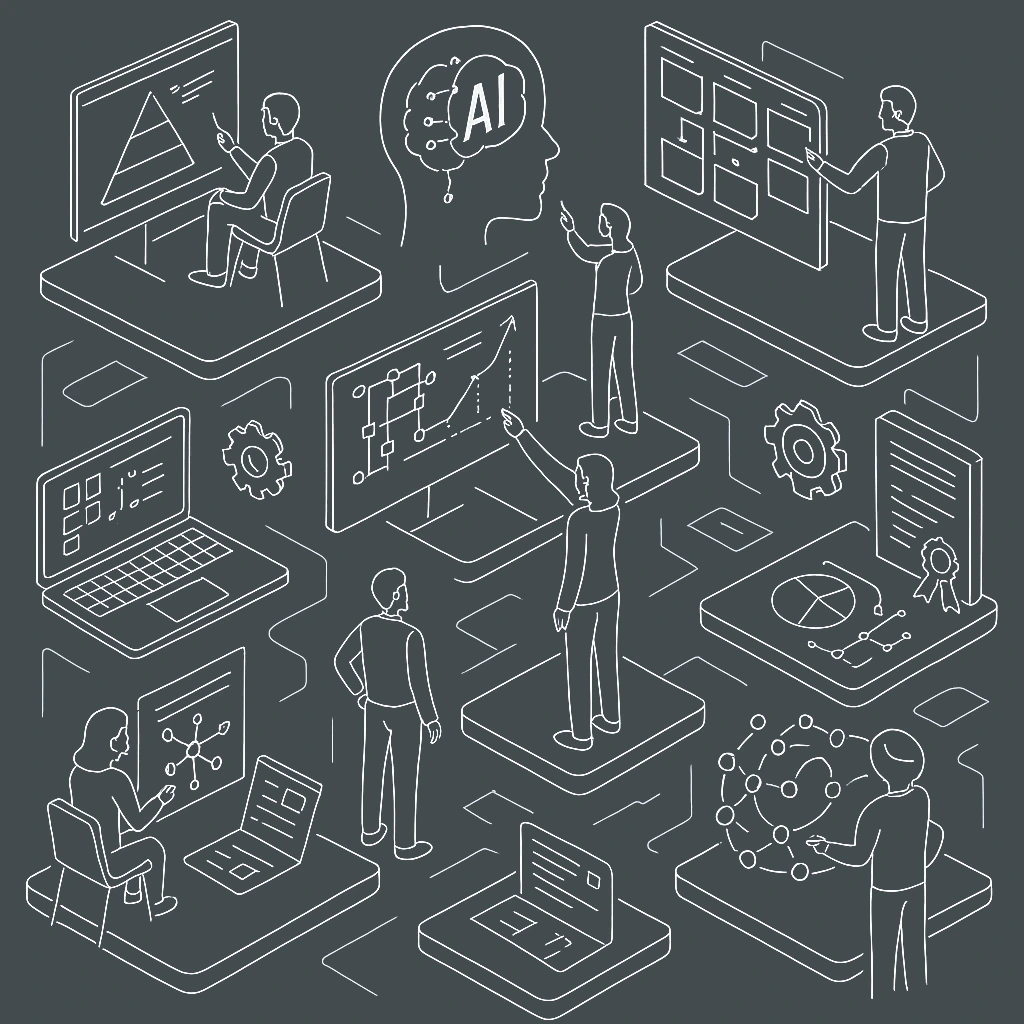
The Doctorate in AI and Technology Management aims to develop advanced expertise in the strategic application of artificial intelligence and emerging technologies within organizational and managerial contexts. This program will equip learners with the research skills, theoretical knowledge, and practical competencies required to lead, innovate, and implement AI-driven solutions to complex business and societal challenges.

- Duration
36 Months
- Modules
5 Core Modules
- Assignments
Research Projects
- Format
Blended Learning
- Projects
Thesis Research
- Level
Doctoral
Internationally Accredited & Recognized
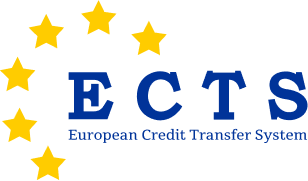
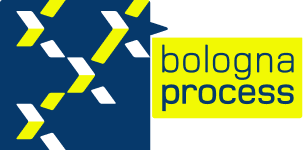

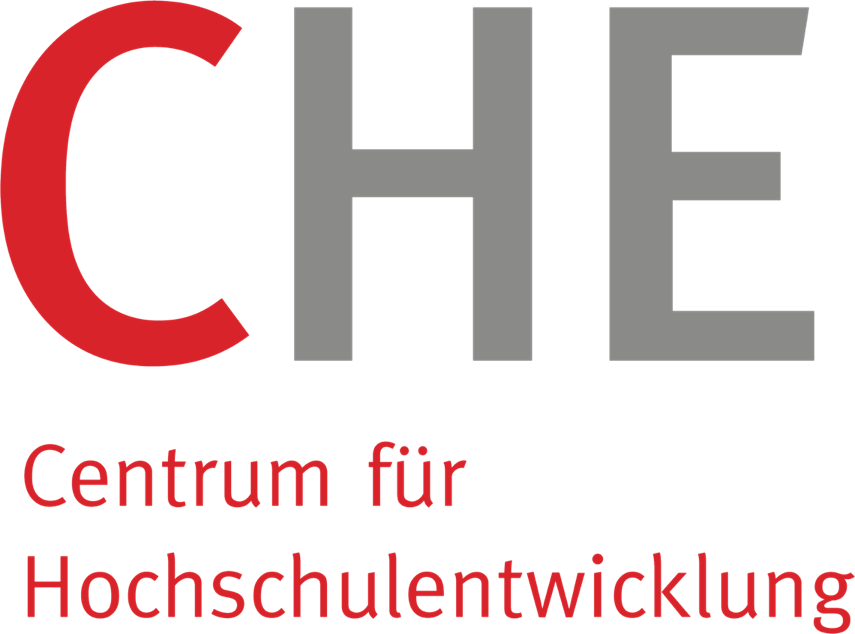
Global students enrolled
Years of academic excellence
Worldwide U-Multirank Ranking
Online Learning Facility
Guglielmo Marconi University, Italy - Doctoral Degree
The Doctorate in AI and Technology Management aims to develop advanced expertise in the strategic application of artificial intelligence and emerging technologies within organizational and managerial contexts. This program will equip learners with the research skills, theoretical knowledge, and practical competencies required to lead, innovate, and implement AI-driven solutions to complex business and societal challenges.
Learners will be prepared to contribute to the academic and professional fields of AI and technology management, conducting pioneering research that bridges the gap between cutting-edge AI technologies and effective management practices for sustainable, data-informed decision-making in dynamic environments.
The program offers a rigorous, research-intensive curriculum tailored for IT and management professionals aiming to lead in the evolving field of AI and technology. The program integrates advanced study in AI, machine learning, and business analytics with core principles of technology management, providing a multidisciplinary approach to address critical challenges faced by organizations today.
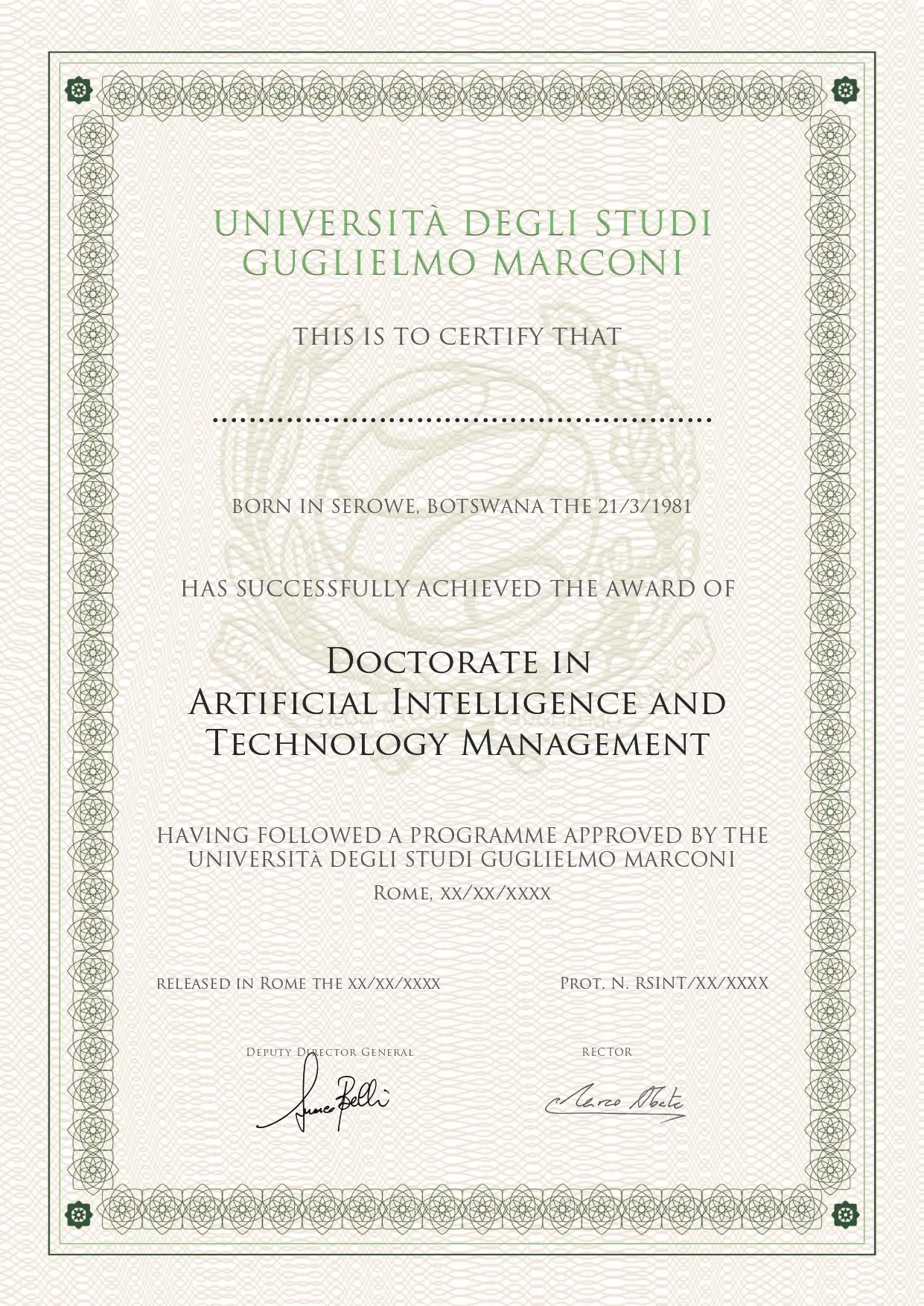
Eligibility
Prerequisites
Course Modules
Foundations of AI & Technology Research
Quantitative & Qualitative Study Designs
Secondary Research & Critical Analysis


Learning Outcomes
By completing this module, you will:
- Critically review different quantitative and qualitative study designs and their applications in AI and technology management
- Analyze mixed-method research approaches including data collection, analysis, and reporting methodologies
- Evaluate secondary research methods including scoping and systematic reviews for literature synthesis
- Apply research quality assurance principles, ethical standards, and validity/reliability measures in research design
Disruptive Technologies & Strategic Impact
Examine how disruptive technologies reshape organizational strategies and industry practices. Learn to identify emerging technological trends and understand their transformative potential across different business sectors and market dynamics.
Innovation Frameworks & Change Management
Master practical approaches including agile project management and design thinking methodologies. Develop skills to synthesize complex technological trends and propose strategic solutions for emerging business challenges in dynamic environments.
Sustainable Growth & Organizational Resilience
Explore sustainable practices in technology innovation that promote long-term organizational growth and resilience. Create effective leadership strategies to manage technological change across diverse organizational settings.


Learning Outcomes
By completing this module, you will:
- Critically analyze the impact of disruptive technologies on organizational strategies and industry practices
- Evaluate and synthesize complex data and technological trends to propose strategic solutions for emerging business challenges
- Review sustainable practices in innovation to promote long-term organizational growth and resilience
- Create leadership strategies that effectively manage technological change and innovation within diverse organizational settings
AI Technology & Knowledge Creation Frameworks
Explore theoretical foundations and emerging trends in artificial intelligence as they relate to knowledge creation and organizational impact. Develop critical understanding of AI technologies and their applications in professional contexts.
AI-Driven Knowledge Management & Data Practices
Analyze how AI transforms knowledge management systems in facilitating creation, storage, and retrieval of organizational knowledge. Examine AI’s impact on data-driven knowledge practices and decision-making processes.
AI Integration Strategies & Research Applications
Develop innovative strategies for integrating AI-driven knowledge practices to enhance organizational decision-making and operational efficiency. Synthesize research findings to provide actionable insights for complex business challenges.


Learning Outcomes
By completing this module, you will:
- Critically evaluate theoretical foundations and emerging trends in AI technology as they relate to knowledge creation and organizational impact
- Analyze the impact of AI on knowledge management systems in facilitating creation, storage, and retrieval of organizational knowledge
- Develop innovative strategies for integrating AI-driven knowledge practices to enhance organizational decision-making and operational efficiency
- Review and synthesize research findings on AI applications to provide actionable insights for complex business challenges and sustainable technological development
AI Ethics & Regulatory Challenges
Identify and analyze key ethical and regulatory issues associated with AI and emerging technologies. Examine complex challenges related to data privacy, fairness, accountability, and transparency in AI-driven systems.
Global Governance Models & Regulatory Frameworks
Risk Assessment & Ethical Framework Development
Develop comprehensive assessments of risks and ethical implications of AI in organizational settings. Design ethical frameworks as interventions to address potential gaps and provide directions for responsible AI implementation.


Learning Outcomes
By completing this module, you will:
- Identify key ethical and regulatory issues associated with AI and emerging technologies
- Critically review and analyze international frameworks and governance models to assess their effectiveness in regulating AI and advanced technologies
- Develop comprehensive assessments of risks and ethical implications of AI and emerging technologies in organizational settings
- Design ethical frameworks as interventions to close potential gaps and provide directions for future research on AI ethics
Knowledge Gap Analysis & Problem Statement
Learn to identify researchable knowledge gaps in AI and technology management. Develop skills to analyze and synthesize gaps into structured problem statements and formulate clear research questions that address identified knowledge deficiencies.
Literature Review & Critical Appraisal Methods
Master literature searching techniques and critical appraisal methodologies. Build competence in assessing and appraising evidence in published literature, determining gaps in existing evidence, and exploring the relevance of theory to research design.
Research Protocol Development & Ethics
Develop a comprehensive 3000-word research proposal with feasible and valid study design. Learn to create well-structured research protocols with clear timelines, relevant methodologies, and compliance with universal research ethics principles.


Learning Outcomes
By completing this module, you will:
- Critically review and identify relevant knowledge gaps in AI and Technology Management research and develop structured research questions
- Write comprehensive literature reviews to identify existing evidence and knowledge gaps associated with research problems of interest
- Critically explore the relevance of existing theory and evidence base to research design methodologies
- Develop well-structured research protocols/proposals with clear timelines and relevant study methods that comply with universal principles of research ethics
Your Success Story Starts Here
Every image here tells a story of transformation, dedication, and success. Be the next to wear the cap and gown. Enroll today, and let your journey begin.
What Our Students Say
Every student has a story—of ambition, of challenge, of growth. In their own words, they share how Airtics became a turning point in their learning journey and helped them move closer to their goals.
Pemsith Ravi

- Verified Review
Zeeshan Ali

Airtics offers a truly transformative learning experience. The course content is up-to-date, the mentors are incredibly supportive, and the flexibility of the online platform made it easy to balance with my work. Highly recommended for anyone looking to upskill!
- Verified Review
Aalaa Shbair

The experience at Airtics College has been tremendous for me. It has illuminated my path and opened the way for me to become a developer of solutions in my workplace. I cherish every moment of this online learning experience and the supportive community of instructors and peers.
- Verified Review
Muhammad Fatouh

Airtics offered a great platform that allowed me to take a meaningful step forward in data science while balancing my demanding job as a telecom engineer. If you have a busy schedule and struggle with work-life balance, I encourage you to find a flexible platform like Airtics to pursue your goals.
- Verified Review
Al Tayyab Bakhsh

Coming from a non-technical background in marketing, switching to data science was challenging. The faculty at Airtics was incredibly helpful, especially my mentor Miss Piyali, who guided me with patience every step of the way. Their mentorship gave me the confidence to succeed.
- Verified Review
Dilnawaz Qureshi

Airtics provides an impressive curriculum for Python Full Stack development that is both well-structured and up-to-date. This comprehensive approach ensures we acquire a thorough understanding of the field and are well-prepared for real-world challenges.
- Verified Review
Charuhaas Shenoy

- Verified Review
Madonna Ghanem

The resources provided by Airtics for AI and ML students are top-notch. The institute has a well-equipped virtual lab with the latest software, allowing us to experiment with complex algorithms. The online library offers a wide range of reference materials and research papers.
- Verified Review
Dhruv Narse

Airtics provides a conducive learning environment for data analytics students. They have experienced faculty, and provide access to the latest software and tools used in the industry. This ensures that we are well-prepared for our future careers in the field.
- Verified Review
What Our Students Say
Every student has a story—of ambition, of challenge, of growth. In their own words, they share how Airtics became a turning point in their learning journey and helped them move closer to their goals.
Pemsith Ravi

- Verified Review
Zeeshan Ali

Airtics offers a truly transformative learning experience. The course content is up-to-date, the mentors are incredibly supportive, and the flexibility of the online platform made it easy to balance with my work. Highly recommended for anyone looking to upskill!
- Verified Review
Aalaa Shbair

The experience at Airtics College has been tremendous for me. It has illuminated my path and opened the way for me to become a developer of solutions in my workplace. I cherish every moment of this online learning experience and the supportive community of instructors and peers.
- Verified Review
Muhammad Fatouh

Airtics offered a great platform that allowed me to take a meaningful step forward in data science while balancing my demanding job as a telecom engineer. If you have a busy schedule and struggle with work-life balance, I encourage you to find a flexible platform like Airtics to pursue your goals.
- Verified Review
Al Tayyab Bakhsh

Coming from a non-technical background in marketing, switching to data science was challenging. The faculty at Airtics was incredibly helpful, especially my mentor Miss Piyali, who guided me with patience every step of the way. Their mentorship gave me the confidence to succeed.
- Verified Review
Dilnawaz Qureshi

Airtics provides an impressive curriculum for Python Full Stack development that is both well-structured and up-to-date. This comprehensive approach ensures we acquire a thorough understanding of the field and are well-prepared for real-world challenges.
- Verified Review
Charuhaas Shenoy

- Verified Review
Madonna Ghanem

- Verified Review
Dhruv Narse

Airtics provides a conducive learning environment for data analytics students. They have experienced faculty, and provide access to the latest software and tools used in the industry. This ensures that we are well-prepared for our future careers in the field.
- Verified Review
Learn from Industry Leaders & Experts
Learn from distinguished doctoral supervisors, industry leaders, and AI researchers from top organizations. Our world-class faculty combines advanced academic credentials with extensive industry experience, bringing cutting-edge research expertise and practical insights to guide your doctoral journey in AI and technology management.
Global Student Community
Students from 60+ Countries Worldwide









Frequently Asked Questions
Applicants need a second-class Master’s degree (or internationally recognized equivalent) plus minimum 3 years senior-level IT experience. International students must demonstrate English proficiency through IELTS 7.0 (minimum 7.0 in writing) or equivalent educational background in English.
The program is designed as a 36-month (3-year) doctoral journey with 180 total credits. Year 1 focuses on research methods and core modules, Year 2 on proposal defense and thesis development, and Year 3 on dissertation completion and defense.
The program uses a blended learning approach, combining online coursework, virtual seminars, and intensive research supervision sessions to accommodate working professionals while maintaining rigorous academic standards.
You’ll earn three international qualifications: a Doctoral Degree and Master of Research in Artificial intelligence and Technology Management from Guglielmo Marconi University (Italy) and CMI Certification from the Chartered Management Institute.
Yes, the program is specifically designed for experienced professionals. The flexible blended learning format allows you to balance doctoral studies with senior-level career responsibilities.
Research areas include AI ethics and governance, digital transformation leadership, sustainable technology innovation, disruptive innovation theory, and technology management strategies across various industry sectors.
Yes, if you’ve completed appropriate doctoral-level modules in related subjects within the last 6 years, you may apply for credit transfer which could eliminate the need for certain program modules.
You’ll receive dedicated supervision from expert faculty, ongoing research meetings, academic seminar participation, and guidance through proposal defense, thesis writing, and final viva voce examination.
Still have questions?
If you have any other questions or need further information about our Advanced Program in Data Science, don’t hesitate to contact us. Our admissions team is here to help you take the next step in your data science career.


















